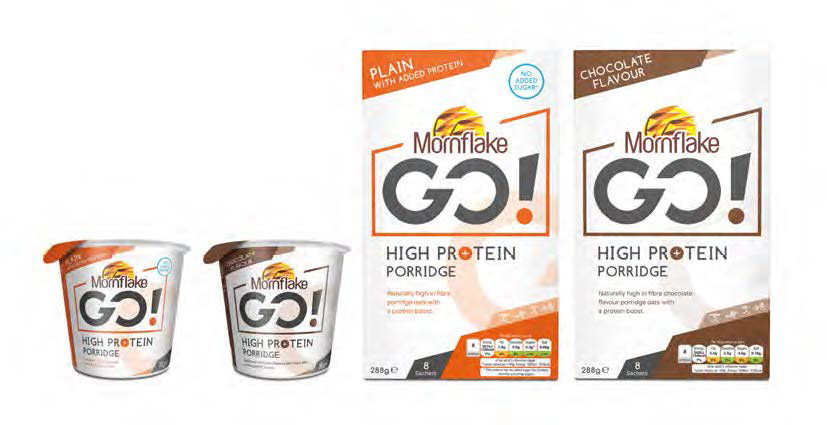DECIDING what and when to eat prior to training and competition is like wading through a minefield of unnecessarily complicated and conflicting advice. According to where you source your information, carbs are in or out of preparatory nutrition and meal timings for peak results vary from one to four hours before you start. What remains a constant is the aim of pre-training or precompetition food: to optimise energy supplies for your chosen event. Here, with the help of Jon Williams, a leading sports nutritionist who is the official advisor to the Welsh Rugby Football Union, we explore the latest science to find out how you really should eat to compete.

Pre-event or competition meals, says Jon Williams (left), should provide a relevant balance of carbs and proteins
Are carbs still the gold standard?
Protein has come of age in recent years as more is discovered about its ability to enhance performance across a range of sports. As a result, a trend has arisen for shunning, or at least reducing, carbohydrates in pre-competition meals. Is it justified? Almost every sports nutritionist will tell you it isn’t, confirming that carbs are as essential as they always have been for athletes.
“In terms of providing energy and delaying fatigue then carbs should still be a component of a pre-training or race meal,” says Williams. What nutrition science has discovered, however, is that some events require fewer carbs immediately beforehand than others. “For example, a 100m or 200m race will only use ATP (adenosine triphosphate) and creatine phosphate as energy sources due to the short duration of the event and therefore carbs would not be that important pre-race,” explains Williams. “Where carbs matter more for sprinters, jumpers and throwers is during training when they are sprinting repeatedly and using up their glycogen storage.” Most elite athletes will look carefully at the ratio of carbs to protein throughout the season, adjusting their intakes to meet their needs. “But the short answer is that any pre-event or competition meal should provide a relevant balance of both carbs and proteins,” Williams says.
When to eat
This depends on the nature of the activity ahead and the time you have available to eat. For instance, what you eat in the 90 minutes between a track heat and final would be very different to what you might consume before a road or cross-country race. Sports nutritionists categorise meals according to their fibre content and their glycemic index (GI) – foods with a low GI cause a slower, sustained release of glucose to the blood, whereas those with a high GI cause a rapid, short-lived rise in blood glucose. In general, foods that take longer to get through your body’s system should be eaten three to four hours before you compete, whereas you should stick to lighter foods and snacks if you only have one or two hours to spare.